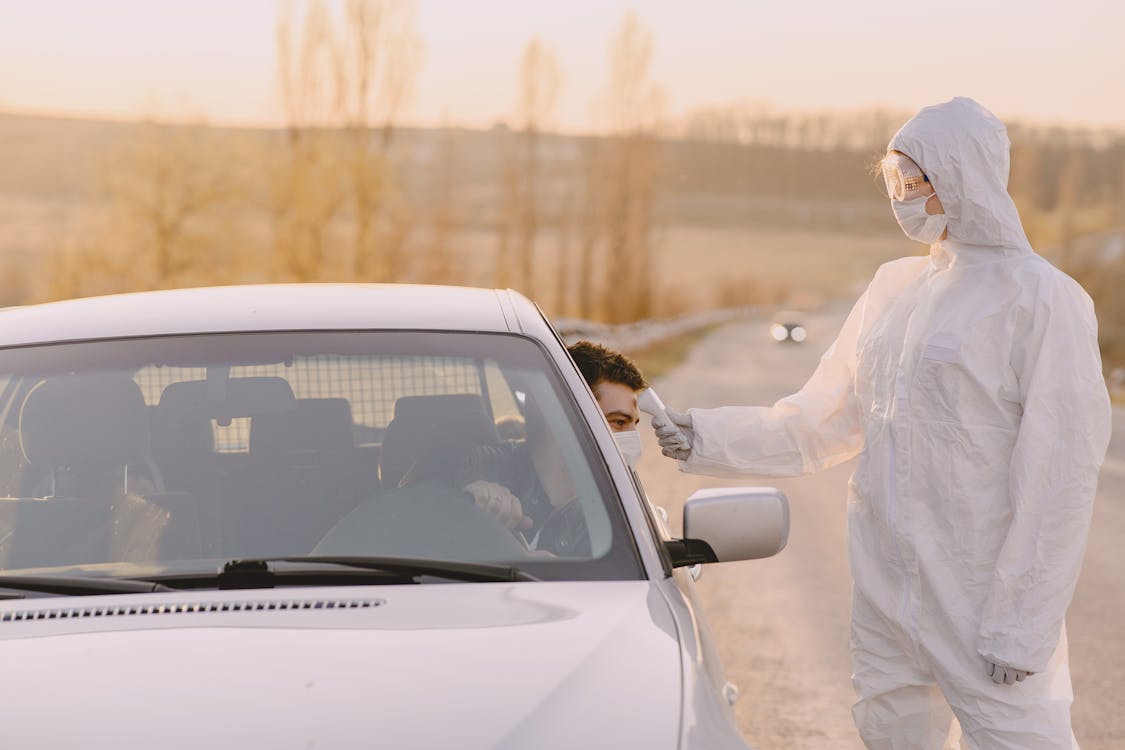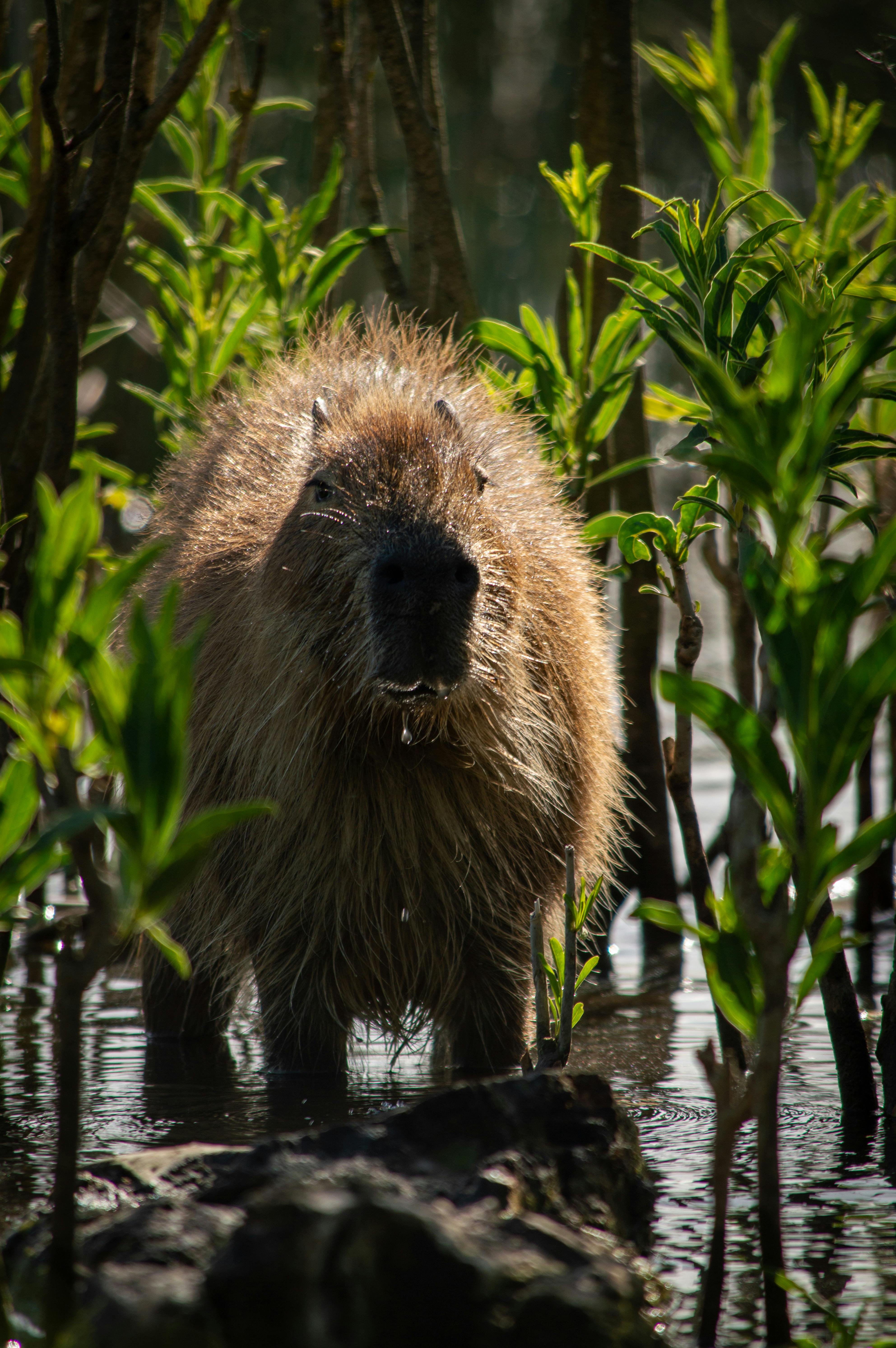Four reasons we should take One Health seriously
Politics, interdependency and solutions
One Health, according to the dedicated high level expert panel is “an integrated, unifying approach that aims to sustainably balance and optimize the health of people, animals and ecosystems. It recognizes the health of humans, domestic and wild animals, plants, and the wider environment (including ecosystems) are closely linked and inter-dependent.”
 Ph: Gustavo Fring, Pexels
Ph: Gustavo Fring, Pexels
First, I will describe the coronavirus pandemic in a local context, in Argentina. Then I will slowly slide into a more political analysis, which does not always bring out the best in us. We also depend on an environment from which goods are extracted, because we are part of an ecosystem. An “interconnected” ecosystem that provides us with air, water, food, building materials, energy and health. The rationale for one health policies. In the last paragraph, where you can jump right in, I will talk about solutions, including for the economy.
Coronavirus in Argentina
When the COVID-19 pandemic started, it wasn't a polarised issue. In Argentina, the political parties seemed united in their decisions. China overwhelmingly helped us by providing essential supplies to hospitals. At a time when the country was violently negotiating its national debt with private interests. Later, the Chinese gave us access to the Sinopharm vaccine. From 2020 to mid 2021, while most of G20 countries where alternating periods of lockdowns, Argentina and Chili were confined most of the time. The main reason was that South America doesn't have the hospital capacities of Western countries.
A company in Argentina was soon allowed to force-produce the AstraZeneca vaccine developed in the UK. To later learn that some of the components were extremely difficult to find. Russia also agreed to sell stocks of its vaccine. In addition, as part of a partnership, Sputnik V was soon to be produced in South America. Although it now seems unlikely that this vaccine will be recognized by the WHO any time soon.
In 2023, an Argentine vaccine was tested. With a new neoliberal government at the helm, we hope that the clinical trials will continue.
Politics
Then the more general question of the origin of COVID. Was the virus 'man-made' in a laboratory? Or did it come from the destruction of its host's habitat? Either directly or through climate change, both of which are 'man-made'. Not that the question is inconsistent, but when one of the authors of the book “Viral: The Search for the Origin of Covid-19” is a self-proclaimed post-Brexiter libertarian climate denier, it is eminently political. Virologists, some environmentalists, doctors and vets were soon to be caught in a political crossfire.
Back to the question: “Why do we need One Health?” One of many reasons is that we need better pandemic preparedness. And we need to understand the impact of politicians. An example: what motivates some political wings to polarise people on vaccination? How can anyone believe that vaccination is a bad thing? All the data explains, as always, that the benefits are collectively far better than the side effects.
Scientists know that strong beliefs, including political cults, sometimes belong to the same brain area. But it is not that people are being lazy to discuss rather than making consensus. In social networks, vaccine information is radically different according to whom your follow, your political flavour. These systems are amplifying polarisations, sometimes with paid advertising campaigns. Do you remember the Brexit campaign in Facebook/Meta?
Interdependency
An important part of one - public - health is to understand and mediate the correct equilibrium between humans, animals and plants. We are interdependent. And as the zoonotic pandemics of SARS-CoV-2 and monkeypox virus show, we are always part of an ecosystem. So we need transdisciplinary teams to understand what is going on.
Transdisciplinarity, and the definition is to evolve, is the accumulation of knowledge from different disciplines: from a laboratory, the field or the streets to model reality in all its diversity. These models help us to adapt to these harsh conditions. It has to be mentioned that some One Health actors consider the public participation is an obligatory prerequisite to any serious approach.
Another example: what makes people happy when the mask mandate is over? How do we explain that immunocompromised people, elders, children and anyone with a pre-existing condition, including heart diseases and maybe even cancer, or on the long list of Long COVID symptoms, are at risk? And the same holds true depending on your ethnicity, social class, gender and where you live because the health care framework is not the same for everyone, everywhere.
In addition, we need to do a better job of explaining why new variants of SARS-CoV-2 will emerge, that they are self-generating from the astronomical number of infected people and animals.
We have no reason to believe that these two diseases will not return in animals and come back to us as dangerous new variants. Indeed, as the WHO pointed out with SARS-CoV-2, the number of virus sequences studied from animals is minuscule. And there are animal species, among them many rodents, that can trigger contagion in humans.
Solutions
Western countries have described the “Zero-Covid” strategy as “unsustainable” in China, especially with the Omicron variant. In reality, lockdowns were shorter than reported in the media, and they worked.
We are not talking about “restrictions” when it comes to stay healthy, to be in condition to earn a living or to be alive. Furthermore, “Zero-Covid” is not only about the ultimate lockdowns, it involves hygiene, protection equipments, social distancing, ventilation, being able to assess the risk individually etc.
With One Health, we have a powerful way to promote climate and biodiversity adaptation policies. Because health is concrete to people, and viruses have no frontiers. We have left the “not in my backyard” issue. In same time, we have to address knowledge gaps:
An example with bats. Bats have a robust immune system that makes them carry a considerable number of viruses. Long-term sentinel studies have detected new viruses in bats in Argentina. One of them is close to another virus affecting humans. In China, 35 patients with fever and recent animal contact carried the same virus, most likely from bats.
A quick survey shows only a few publications on the ecosystem service provided by bats. Understanding ecosystem services is the only way to know how other animals spread these emerging diseases. As ecosystemic services are affected by climate change and biodiversity loss, a permanent monitoring system should be able to prevent emerging diseases.
Although a later study highlights that climate change may have been a driver for the emerging of SARS-CoV and SARS-CoV-2, more studies are required. But one have to bear in mind that it is now proven that emerging diseases increase with climate change, not only biodiversity erosion.
The health of people at risk is the majority of the population, regardless of the country's income. The One-Health quadripartite alliance should gather more social scientists to understand our polarised world. And more economists, including from the World Trade Organisation and the International Monetary Fund, to better include the value of life into costs, including humans.
Since international treaties have a minimal impact when they disconnect from the economy. Global South countries need to have One Health Sovereign Debts Relief. In other cases, this instrument is called a debt-for-nature swap. Otherwise, they will not develop their health care infrastructures.
As there are green or sustainability bonds, why not call them One Health Bonds? States can emit these bonds on financial markets. To allow them to create projects that positively impact social and ecological pillars. One of the most famous players in the financial sector, BlackRock, is correlating the UN's Sustainable Development Goals (SDGs) with its investments, thanks to Carole Crozat and her team. They have probably upgraded the effect of a pandemic on both the SDGs and the economy [I think this team must feel very alone in this company].
The impact of a pandemic can be very different depending on who you are and where you live. And government policies have a strong impact on public health. Sometimes beyond our understanding. This interdependence between us, animals like bats and the plants we eat is a balance that needs to be studied. And monitored if we are to avoid worst-case scenarios. The solutions therefore lie in bridging the knowledge gap in a transdisciplinary way. By including, for example, the social sciences, economics and indigenous knowledge. What's more, we must collectively find a way of including the cost of this lifestyle, to avoid an economic collapse.
To go further, as an autistic person, I'm used to the “I'll let you make your own accommodations”. This is more or less how public health treats everyone now. Ever since officials “believe” that vaccines alone can stop a pandemic. As a consequence of these “necropolitics”, a lot more of people are dying, or the way they used to live or even work is now affected. I am not sure that this kind of public health is ready for One Health, at least in what we have recently called the “non-endemic” countries. The One Health actors need to be aware of this.
